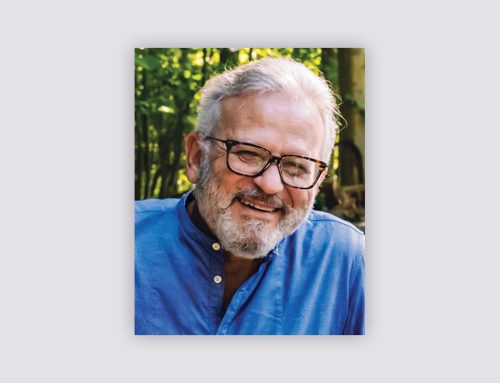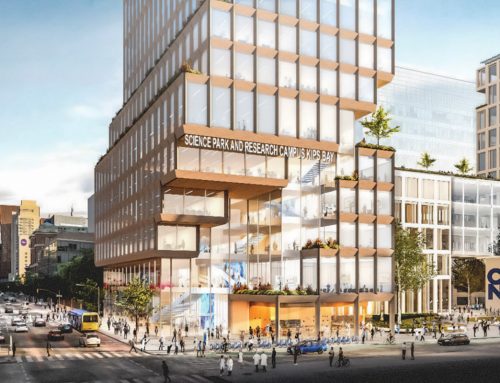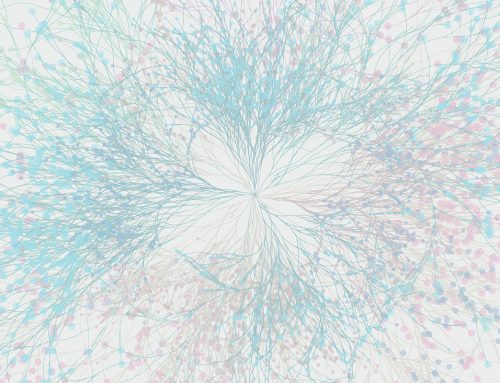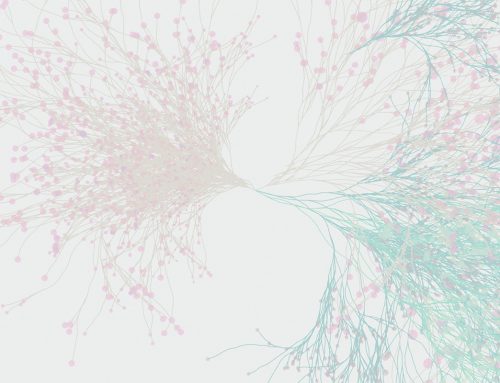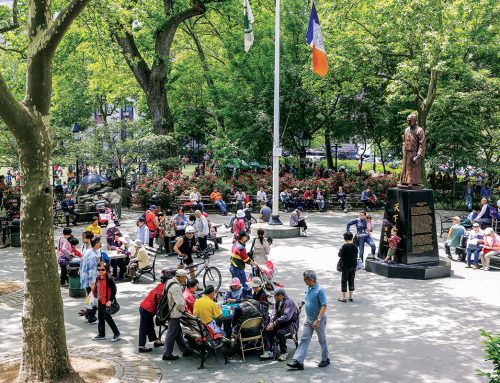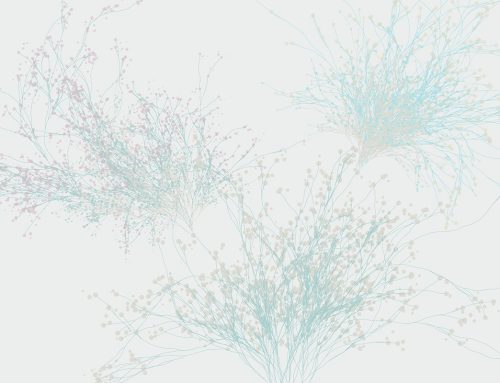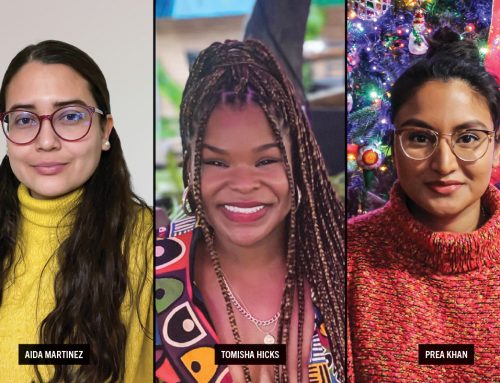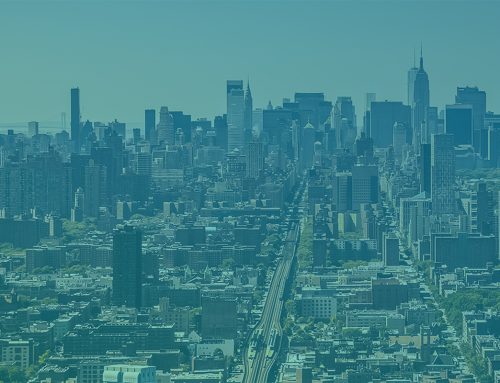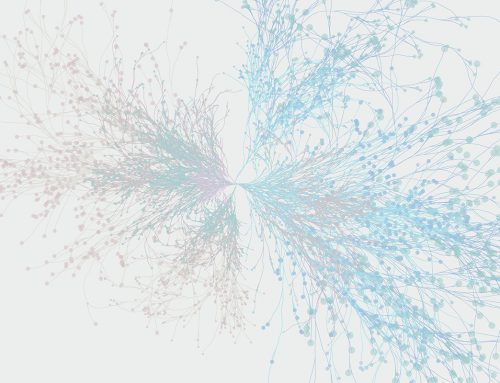
Last Spring, New York City Mayor Eric Adams launched the New York City Pandemic Response Institute (PRI), a partnership with CUNY SPH and Columbia University to help apply the lessons learned from the COVID-19 pandemic to the urgent public health emergencies currently facing New Yorkers, from infectious diseases to climate-related events.
A dynamic new resource designed to support New York City across the entire lifecycle of emergency preparedness, the PRI is helping the city prepare for, respond to and recover from future health crises, maximizing engagement and impact across the city, particularly in underserved communities.
In coordination with the New York City Department of Health and Mental Hygiene (DOHMH) and New York City Emergency Management (NYCEM), the PRI works with New Yorkers in communities in each of the five boroughs to develop locally tailored health solutions, information and resources to develop greater resilience to the adverse consequences of public health emergencies.
At a press conference in May, Mayor Adams highlighted the need for New York City to be prepared for the next pandemic and to not wait for downstream responses. “We have urgent public health crises in our city, and we need to proactively face them with upstream solutions,” said Adams. “The Pandemic Response Institute will bring together city agencies, experts across various fields, and nonprofit and for-profit partners to tackle some of the biggest, most intractable public health challenges for New Yorkers.”
The PRI includes diverse partnerships with dozens of nonprofit, community, faith-based, research and corporate entities that responded to COVID-19 across New York City and are committed to the PRI’s whole-of-society approach. Together, this diverse group of contributors brings the necessary resources, expertise, commitment and vision to the critical task of equipping New York City to respond to future public health emergencies and to invest in more robust infrastructure and greater health equity.
“This public-private partnership between two of the top public health academic institutions in New York City, along with other partners in the community, industry, academia and government, promises to provide a wide range of experts in support of New York City’s strategy to prevent, prepare and recover from similar threats in the future,” said Dean Ayman El-Mohandes.
CUNY SPH is leading the efforts of the PRI in communications, community outreach and workforce development and will contribute to other PRI efforts such as data science and systems modeling.
Participating CUNY SPH centers and institutes include the Center for Advanced Technology and Communication in Public Health (CATCH), Public Health Informatics, Computational, and Operation Research (PHICOR), the Center for Systems and Community Design, the Harlem Health Initiative and the Urban Food Policy Institute, among others.
To learn more about the New York City Pandemic Response Institute, visit pri.nyc.

Danielle Greene
DrPH, MPH, MSCHES
In February, CUNY SPH welcomed Dr. Danielle Greene to the staff as Executive Director of State and Local Public Health Initiatives. In this role, she leads the programmatic, managerial and operational aspects of the Pandemic Response Institute for CUNY SPH.
Dr. Greene has over twenty years of public health leadership experience in local and state government, academic and not-for-profit settings. Most recently, she was with the New York State Department of Health, where she was Chief of Staff to the Commissioner and an integral part of New York State’s COVID-19 response. Previously, she held senior positions in the Healthy Homes Program at the New York City Department of Health & Mental Hygiene and the Center for Applied Public Health at Columbia University, and an adjunct professor at the NYU School of Global Health. In these positions, she has coordinated with community, faith, academic and governmental partners to address the opioid pandemic, aging and long-term care, maternal morbidity and mortality, AIDS, lead poisoning and asthma through the lens of equity and social determinants.
